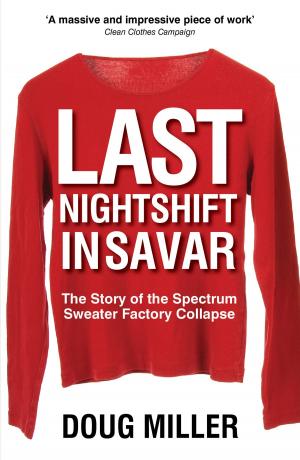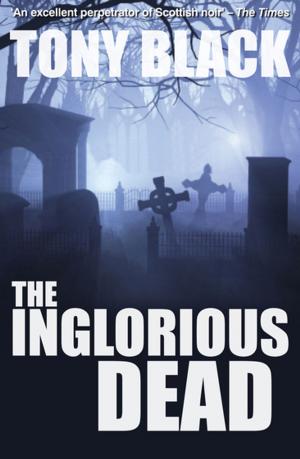| Author: | Peter Crookston | ISBN: | 9780857160690 |
| Publisher: | McNidder and Grace Limited | Publication: | January 5, 2014 |
| Imprint: | McNidder and Grace | Language: | English |
| Author: | Peter Crookston |
| ISBN: | 9780857160690 |
| Publisher: | McNidder and Grace Limited |
| Publication: | January 5, 2014 |
| Imprint: | McNidder and Grace |
| Language: | English |
Peter Crookston's book offers a beautifully written journalist's account of a Durham mining village and the Great Northern Coalfield woven around the life of Robert Saint, the composer of Gresford, a brass band composition commemorating an earlier mining disaster in which 256 workers died. Crookston brings his formidable observational qualities and writing skills as a journalist to produce a gripping narrative with utterly compelling characters and a heart-rending culmination in the demise of the mining industry under assault by Thatcher. The story is told in a gentle, unpretentious way, frequently giving voice to the characters themselves, many of whom the author knew personally or got to know in preparing the book. Apart from capturing a critical moment in a disappearing world, the book offers a vantage point from which to reflect on our own culture, and what we have lost in post-industrial Britain: the loss of community which did so much to sustain and nurture those miners in their desperate plights. This is as much a history of culture and place as much as it is biography, a book that is at once an elegy and a tribute
Peter Crookston's book offers a beautifully written journalist's account of a Durham mining village and the Great Northern Coalfield woven around the life of Robert Saint, the composer of Gresford, a brass band composition commemorating an earlier mining disaster in which 256 workers died. Crookston brings his formidable observational qualities and writing skills as a journalist to produce a gripping narrative with utterly compelling characters and a heart-rending culmination in the demise of the mining industry under assault by Thatcher. The story is told in a gentle, unpretentious way, frequently giving voice to the characters themselves, many of whom the author knew personally or got to know in preparing the book. Apart from capturing a critical moment in a disappearing world, the book offers a vantage point from which to reflect on our own culture, and what we have lost in post-industrial Britain: the loss of community which did so much to sustain and nurture those miners in their desperate plights. This is as much a history of culture and place as much as it is biography, a book that is at once an elegy and a tribute















